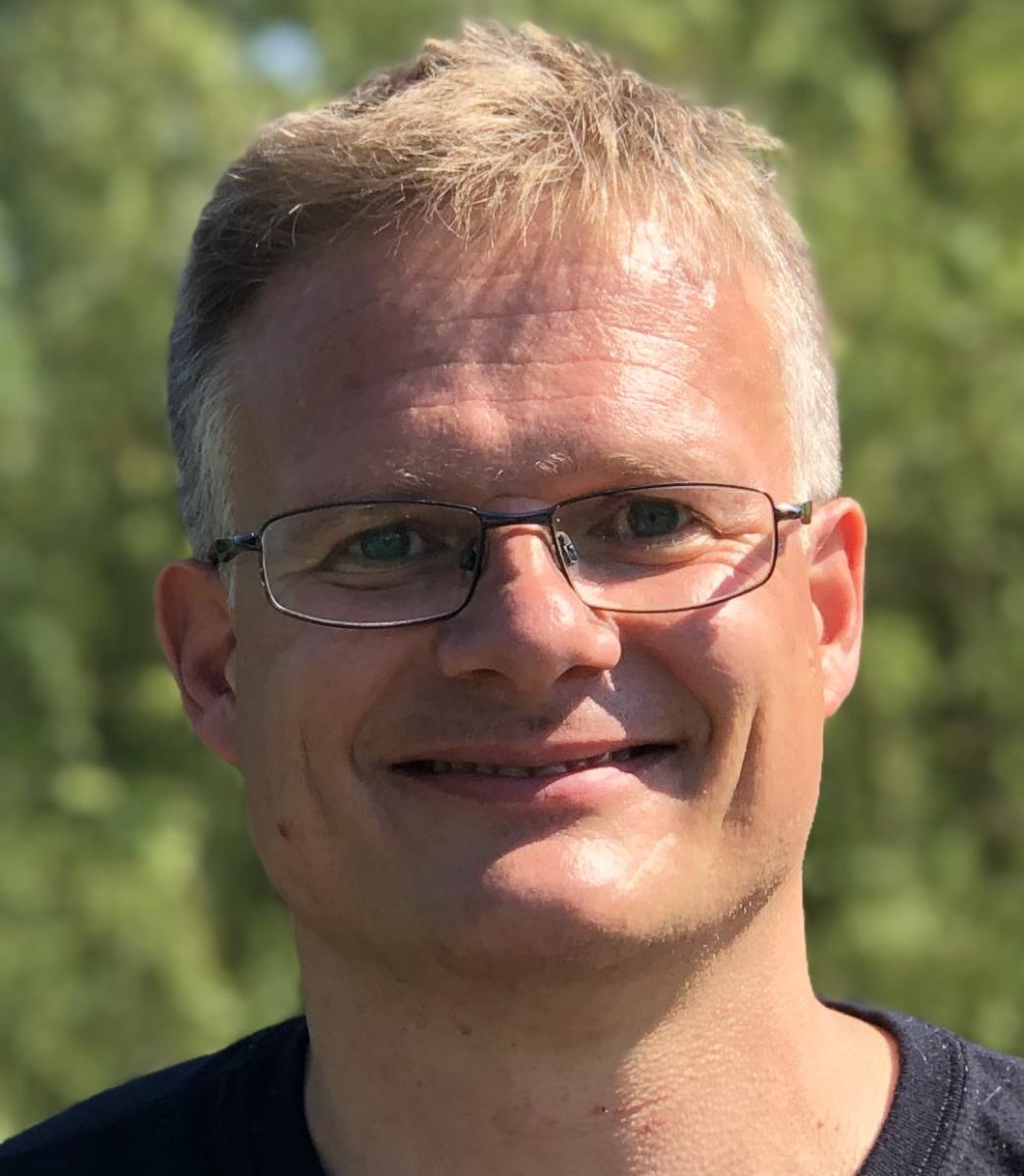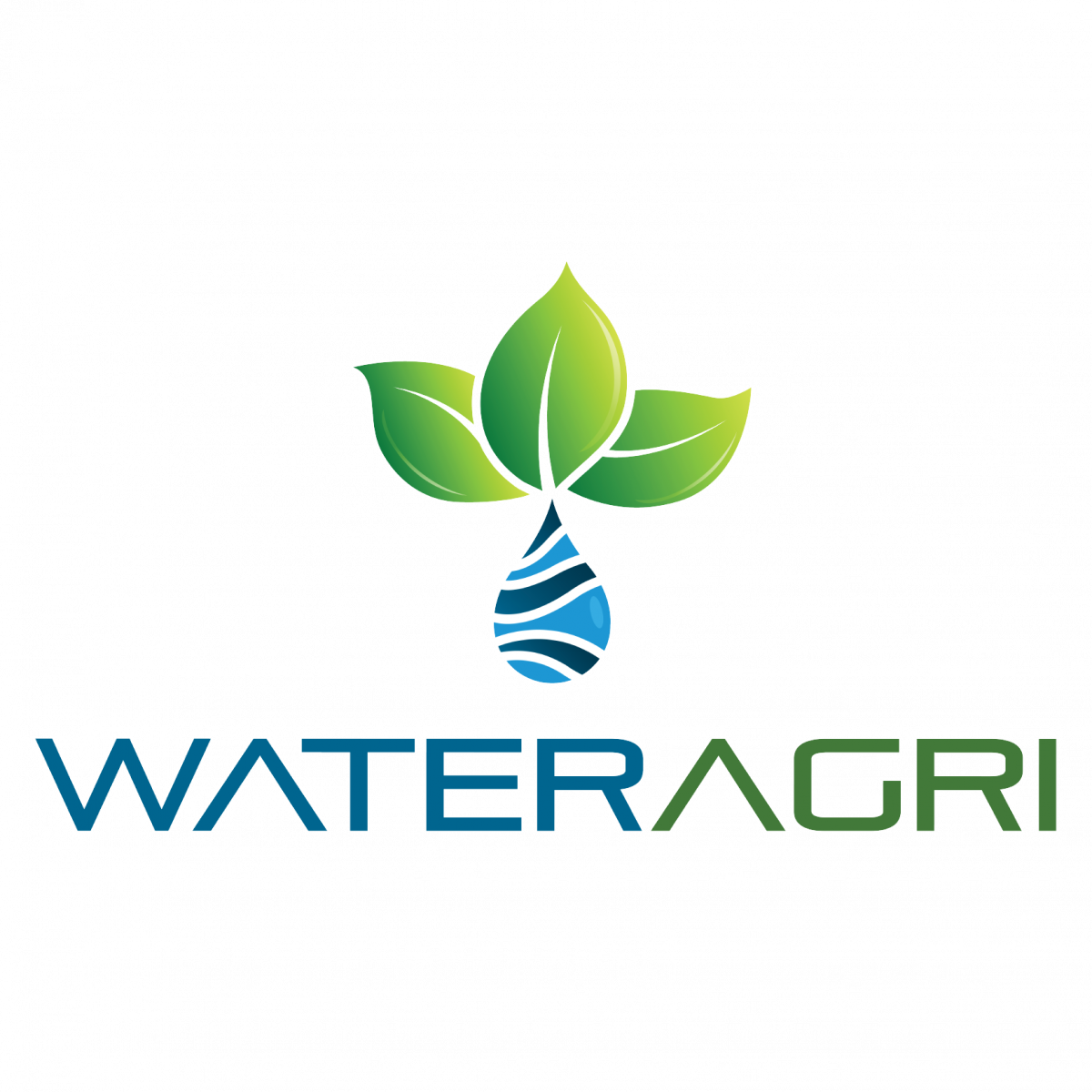An inspiring cooperation has started

OPTAIN joined forces with WATERAGRI. We asked Prof. Dr. Miklas Scholz to tell us more about the project.
One of OPTAIN goals is to create a network of cooperating projects from various funding mechanisms. Our first partner is a Horizon 2020 project WATERAGRI. We asked Prof. Dr. Miklas Scholz, WATERAGRI Coordinator, to answer a few of our questions to better understand the objectives of WaterAgri, and how it connects with OPTAIN.
Why did you start co-operating with OPTAIN?
There is a natural synergy between WATERAGRI and OPTAIN. While the former project is very strong on innovation applications in the field, the latter one provides excellent modelling work. Working together will save financial resources and maximizes impact for the benefit of the agricultural and water industries.
What do you hope to get from co-operations with other H2020 projects?
Research collaboration between H2020 projects will allow us to learn from each other and to improve our output and impact. The initiated cross-project working groups between WATERAGRI and OPTAIN are the vehicle to achieve this. Our intention is to open successful working groups up to other related consortia as well.

What is WaterAgri about?
WATERAGRI is a new H2020 Research & Innovation project worth €7,000,000, starting in May 2020 and lasting for 4 years. The project aims are to re-introduce and enhance sustainable solutions for water retention and nutrient recycling to enable agricultural production that can sustain growing populations and cope with present and future climate change challenges. The project will generate a deeper, more detailed and integrated understanding of the hydrological processes shaping water resources in Europe.
Who is behind the project?
The WATERAGRI consortium consists of a group of 23 partners from 12 European countries who teamed up under the lead of Lund University (Sweden). Among the partners, there are 4 and 3 world-leading water retention and nutrient capture experts, respectively, from prominent European water and soil research institutions and centers as well as international experts on stakeholder engagement and communication.
Which novel technologies are going to be developed during the project?
WATERAGRI will develop a decision-support framework for the farming community and a set of individual water retention and nutrient recovery solutions. This includes 6 mathematical models to facilitate decision-making in real situations with different functionalities, 8 innovative and sustainable technologies to European farmers, and 5 advanced and nature-based technologies including farm constructed wetlands for nutrient recovery, drainage systems, bio-based membranes, biochar adsorbents and microfluidics.
What is the geographical scope of the project?
The project activities will include 10 important case studies with focus on specific biogeographical regions of Europe: Boreal Zone (Finland and parts of Sweden), Continental Zone (Poland and parts of Sweden, France, Germany, Switzerland, Austria and Italy) and Pannonian Zone (mainly Hungary). Here, the economically sustainable WATERAGRI technologies will be tested and deployed for different land use and crop types from grass production and pasture to organic and conventional (fruit) farming. The test field sizes will vary from 1 ha up to 1000 ha.
Find out more about WATERAGRI at their official website.
Autors: Prof. Dr. Miklas Scholz., interviewed by Mgr. Jergus Semko
Update
16/01/2023 : Collaboration with Wateragri





















